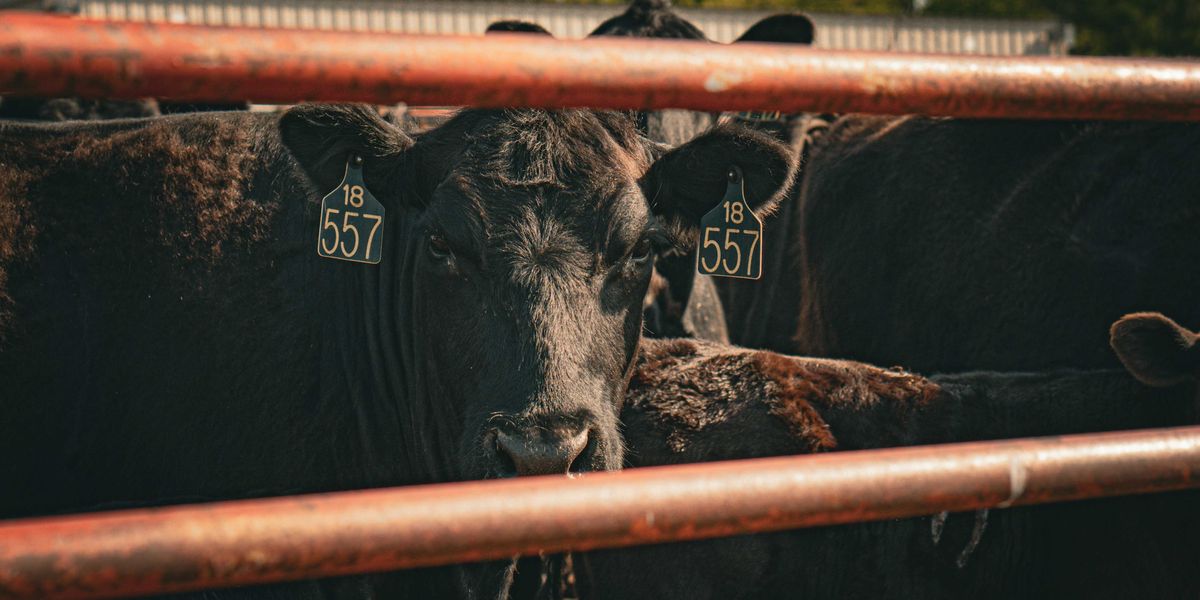
A little eco-nostalgia
The Cuyahoga River's latest burn, and other revivals suggest a new cottage eco-industry.
Last Thursday, Ohio's Cuyahoga River staged a small re-enactment of its historic moment.
In June, 1969, the filthy industrial river caught fire and burned for 24 minutes. Lost in the spectacular headlines was the fact that historians count at least 12 similar Cuyahoga riparian fires dating back to the 19th Century. This year's blaze brought us to at least to lucky number 13. It started not by direct dumping from Akron's tire factories or Cleveland's mills and refineries, since they've mostly moved offshore, but from a tipped fuel tanker truck whose contents reached the river via storm sewers.
But let's give it some nostalgia value just the same. A diligent cleanup effort by government, activists, industry and others has really cleaned up the flammable river in recent decades. Last year, the Environmental Protection Agency even relaxed bans on consuming fish from the river. And then, another fire.
With the burning river as the centerpiece in our museum of environmental relics, let's look at five more deadly serious, contentious issues that won't go away.
Arctic National Wildlife Refuge
Babies born in the year oil drilling was first proposed for the Arctic National Wildlife Refuge (ANWR) are now seven years' short of eligibility for AARP.
Since 1977, the tussle over drilling in the ecologically sensitive Arctic coastal plain has sucked up countless hours of lawyers, lobbyists, legislators and more. The Trump Administration has pushed mightily to bring ANWR drilling back to life, in spite of reduced demand, tumbling oil prices and climate concerns.
Yucca Mountain nuke waste
A year after the ANWR scrum began, geologists began assessing the suitability of Yucca Mountain, a desert peak 90 miles northwest of Las Vegas, as a national repository for nuclear waste. By 1987, Yucca was one of three lucky finalists, along with the Texas Panhandle and the High Desert of Washington State. But neither House Speaker Jim Wright (D-TX) nor House Majority Leader Tom Foley (D-WA) wanted to bring home the radioactive bacon, so Yucca Mountain reluctantly won the honors.
But years of more studies, assessments, lawsuits and delays slowed construction. The Obama Administration wrote Yucca out of its budgets. The site never opened, largely due to the political clout of the new Senate Majority Leader, Harry Reid (D-NV). In 2018, Republicans passed legislation to renew the whole process. Meanwhile, spent nuclear fuel is corralled in "temporary" storage at nuke power plants and elsewhere.
Love Canal
In 1978, the working-class Love Canal neighborhood in Niagara Falls, NY, became a symbol of the worst excesses of toxic waste dumpers. By 1980, Congress passed the Comprehensive Environmental Response, Compensation, and Liability Act—better known as Superfund. Lauded for its good intentions, Superfund quickly became a legal sinkhole, with cleanups sometimes stretching out for decades.
Today, Love Canals are scattered from coast to coast, and new ones waiting to be discovered, or created. And the backlog of these toxic cleanups continues to grow.
Toxics and hogs in NC
In 1982, residents of majority-black Warren County, North Carolina, deployed some of the most effective tactics of the Civil Rights movement to thwart a proposal for a dump for carcinogenic polychlorinated biphenyls (PCBs). Thus did the Civil Rights Movement beget the Environmental Justice Movement. Warren County was one of many big victories for the movement, but to this day, poisoned drinking water, smoky incinerators, and massive petrochemical plants tend to be found in inner cities and poor rural communities, and not in Beverly Hills.
About 100 miles away from Warren County, the 1980's and 1990's saw explosive growth in factory farming of hogs. Residents often made peace with the widespread stench and endemic pollution from sprawling hog waste lagoons. The Raleigh News & Observer won a 1996 Pulitzer for a multi-part exposé, "Boss Hog," which blew the roof off the raw political power and rampant pollution that marks an industry that's changed in precious few ways in the quarter century since. One change: The North Carolina hogs raised today are as much as 20 percent larger than hogs from the 1990's.
These are only a few points of environmental conflicts—decades old and persisting. There are scores more, without even mentioning the overarching threat of climate change, or the pandemic.
The info we provide here isn't always jolly or uplifting, but it's real.
Banner photo: Firefighters battle a fire on Ohio's Cuyahoga River in 1952. (Credit: Cleveland Press Collection at Cleveland State University Library)













